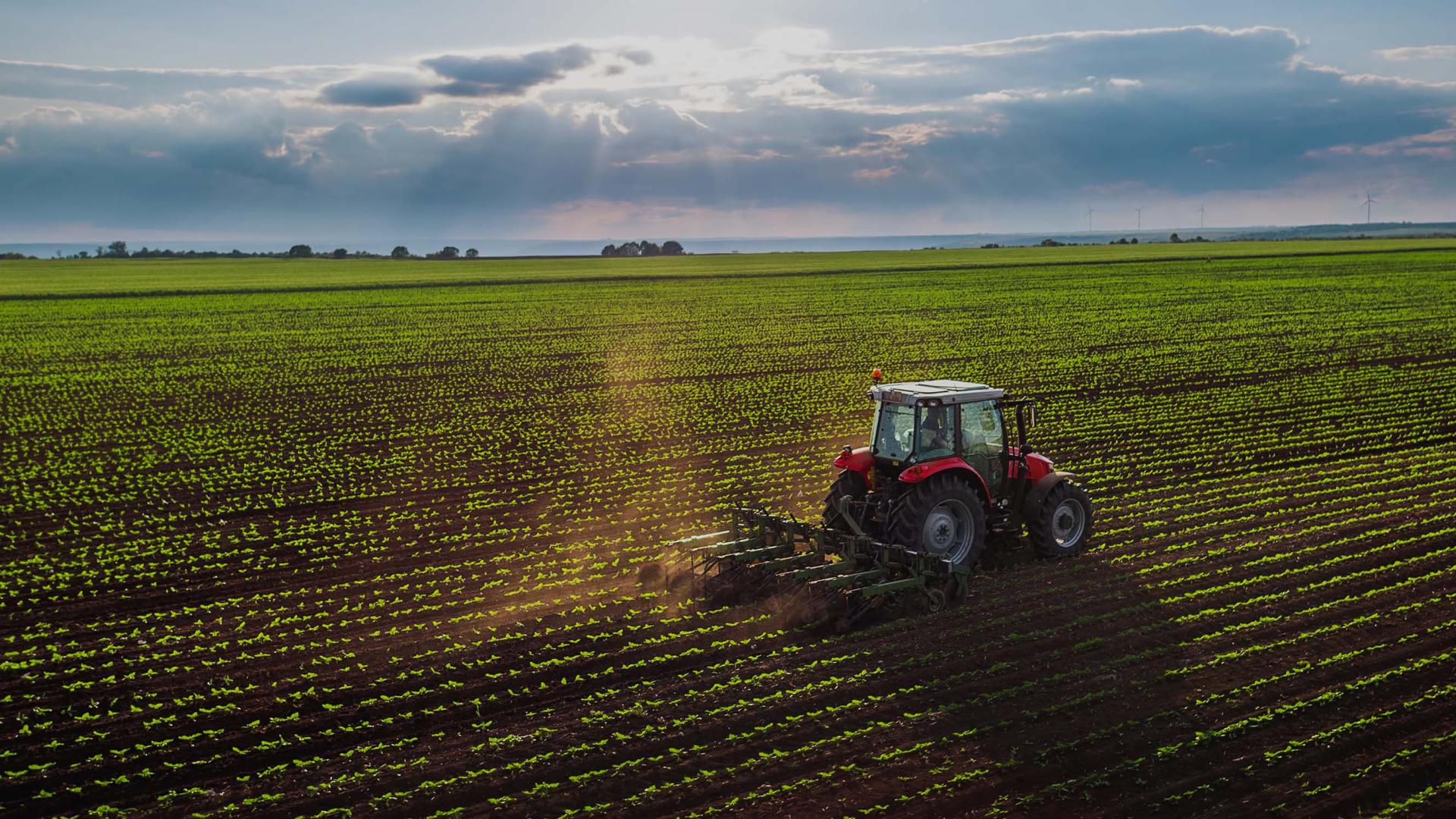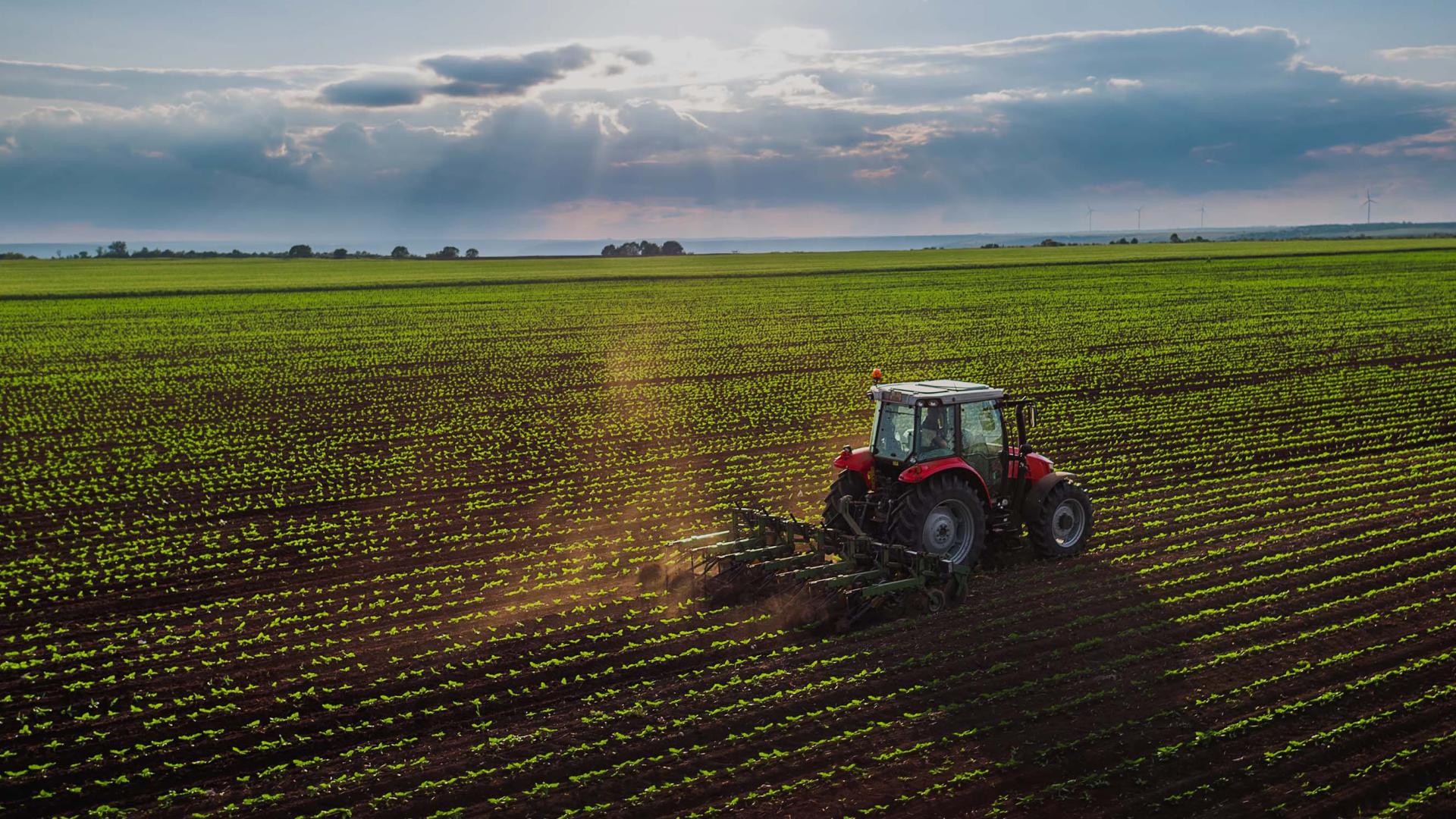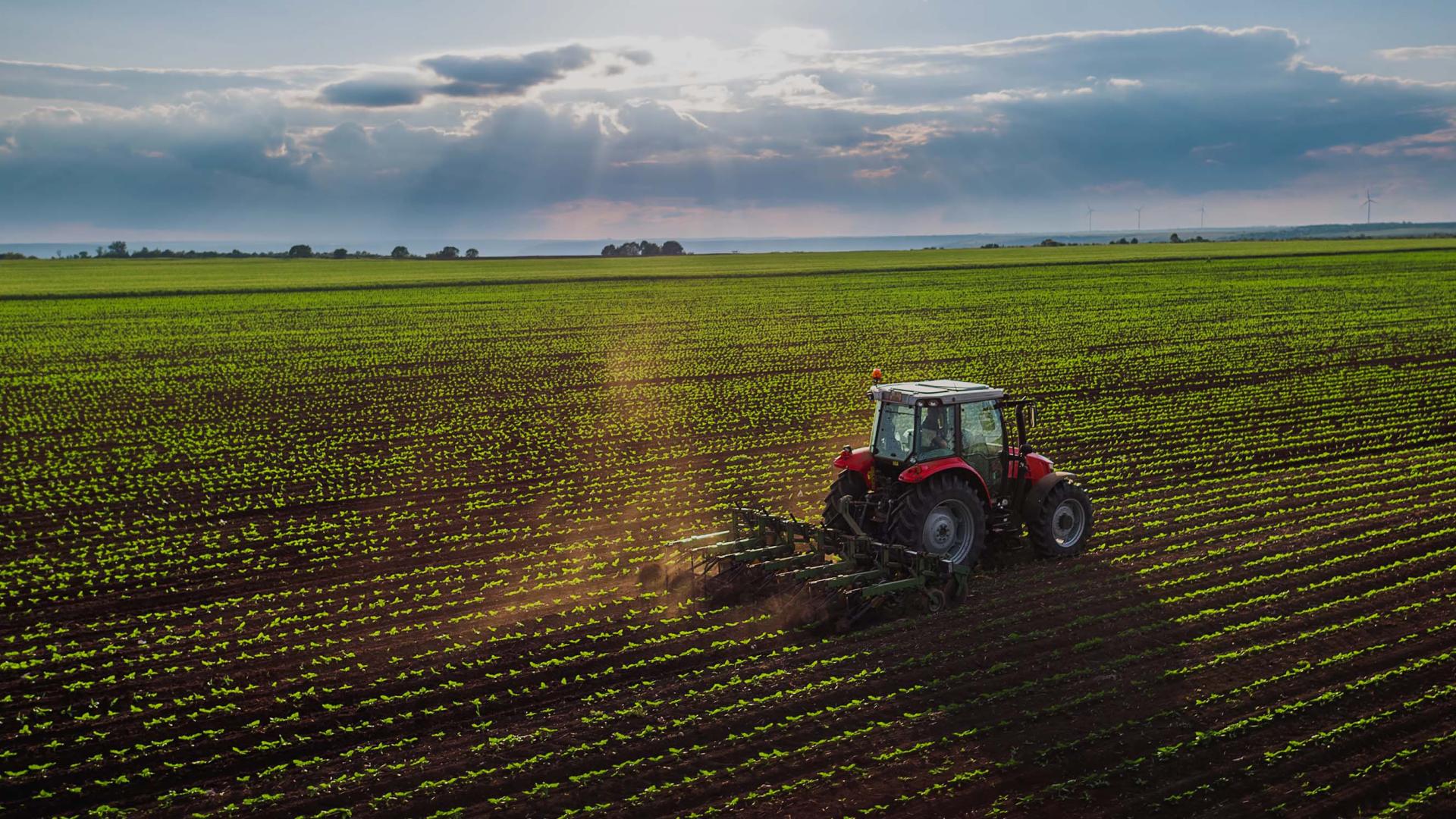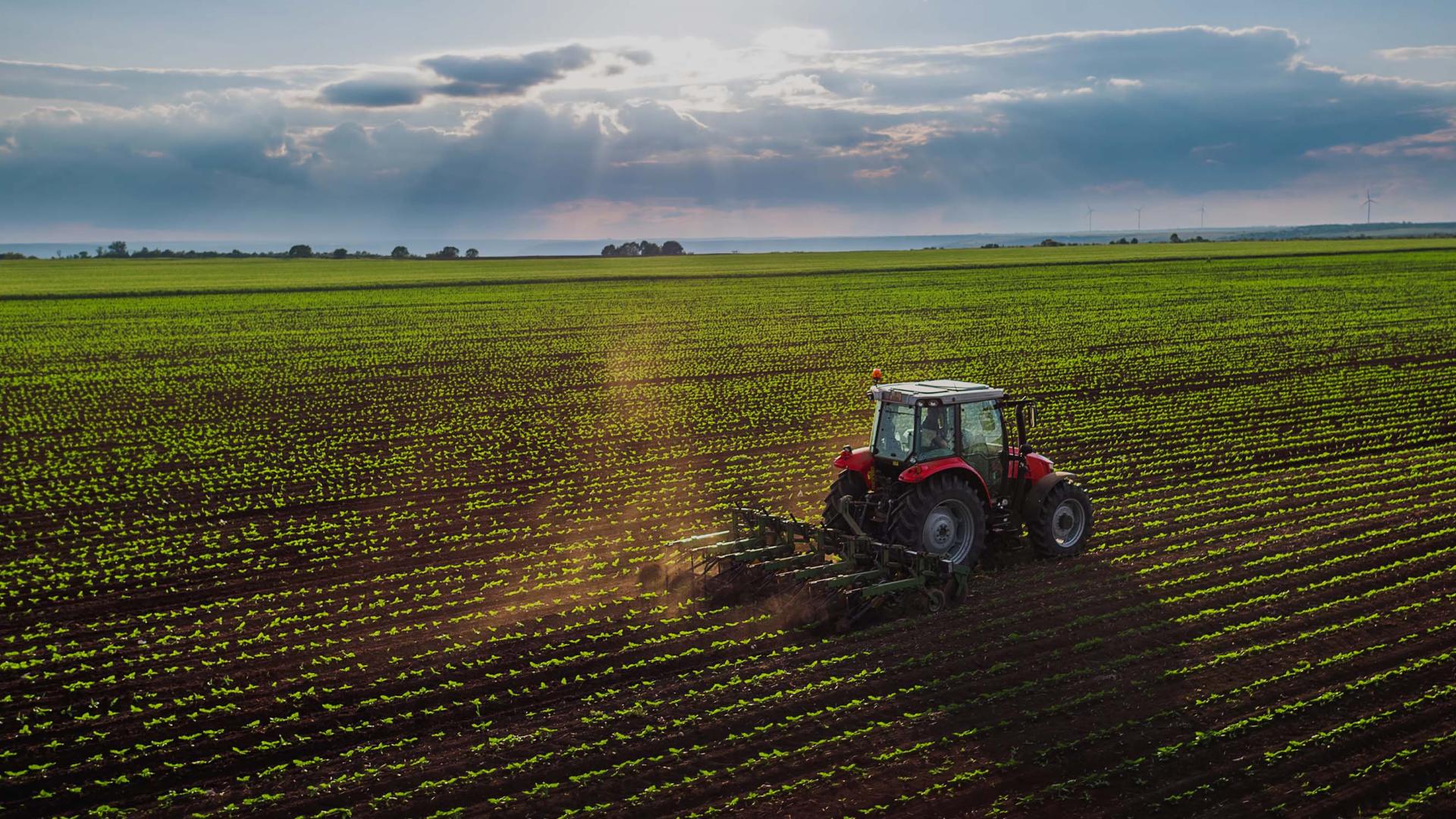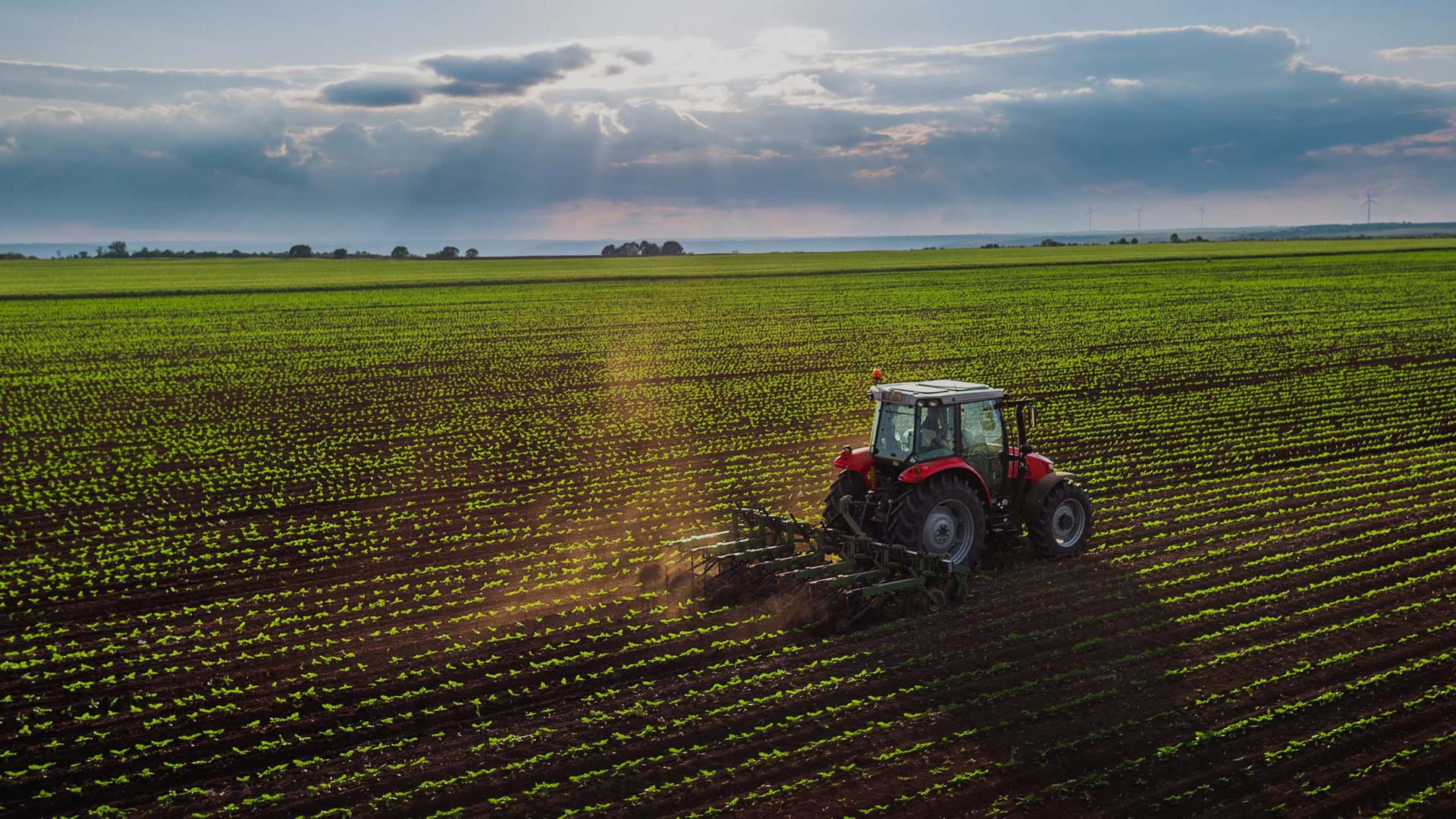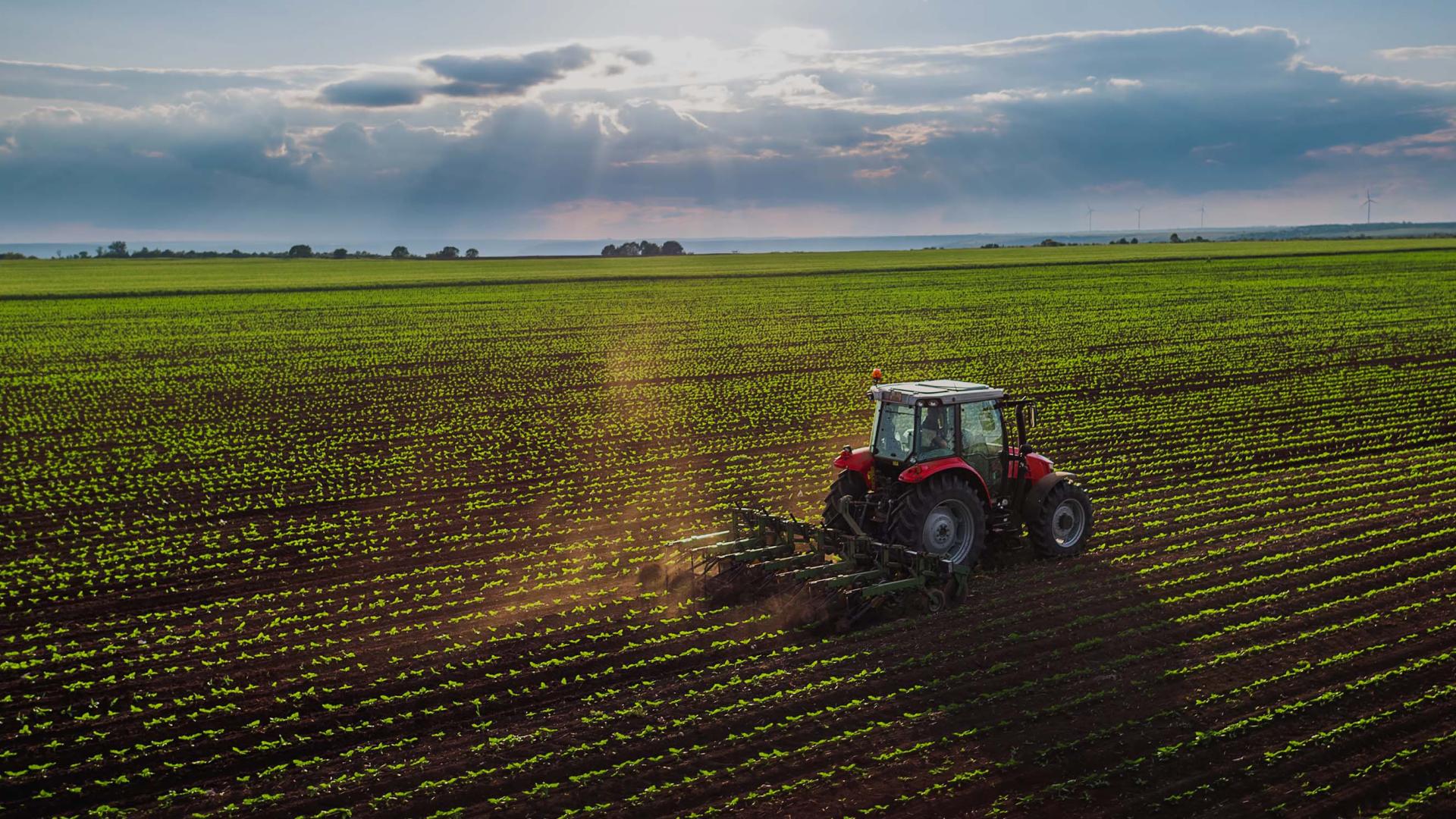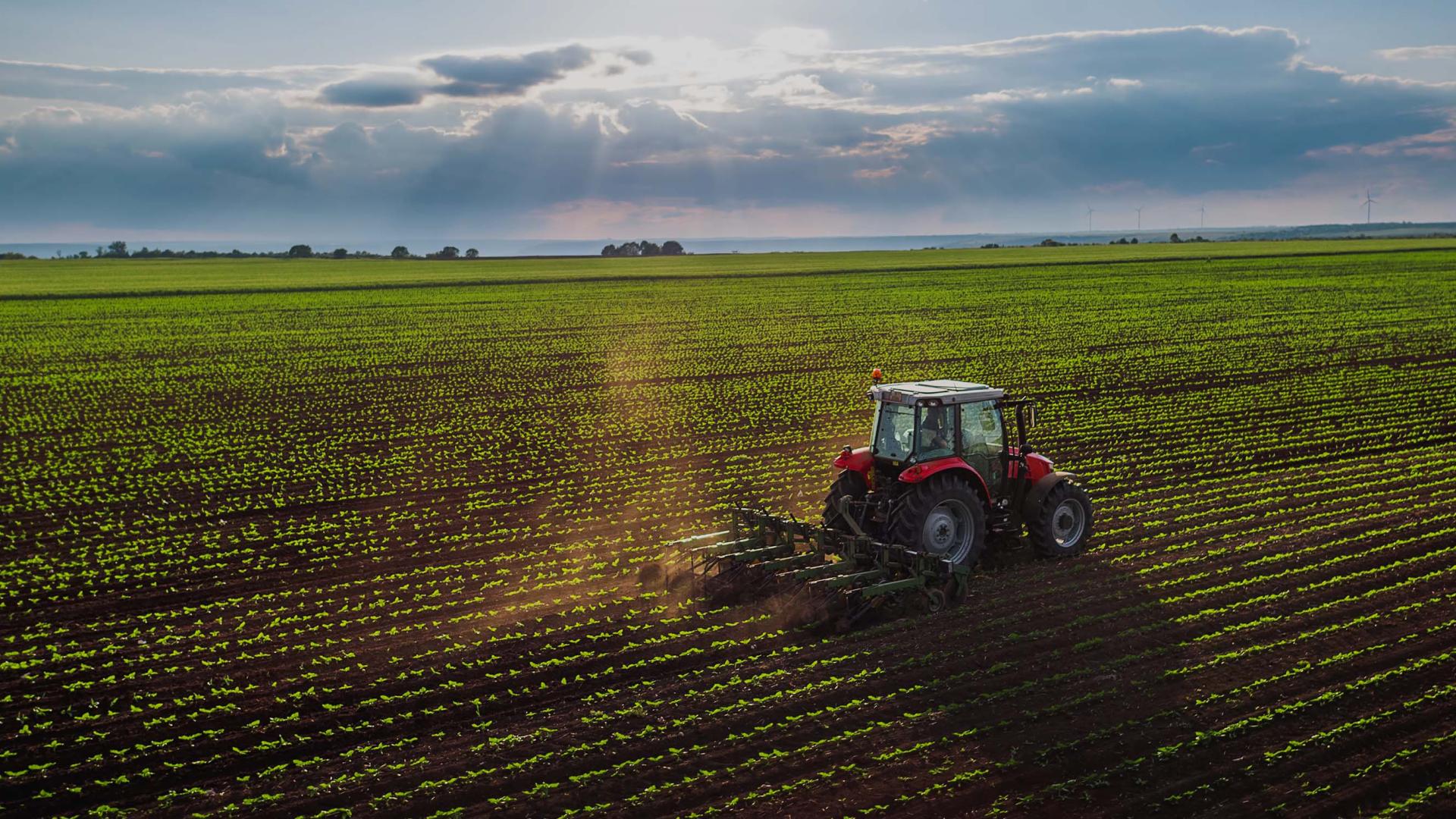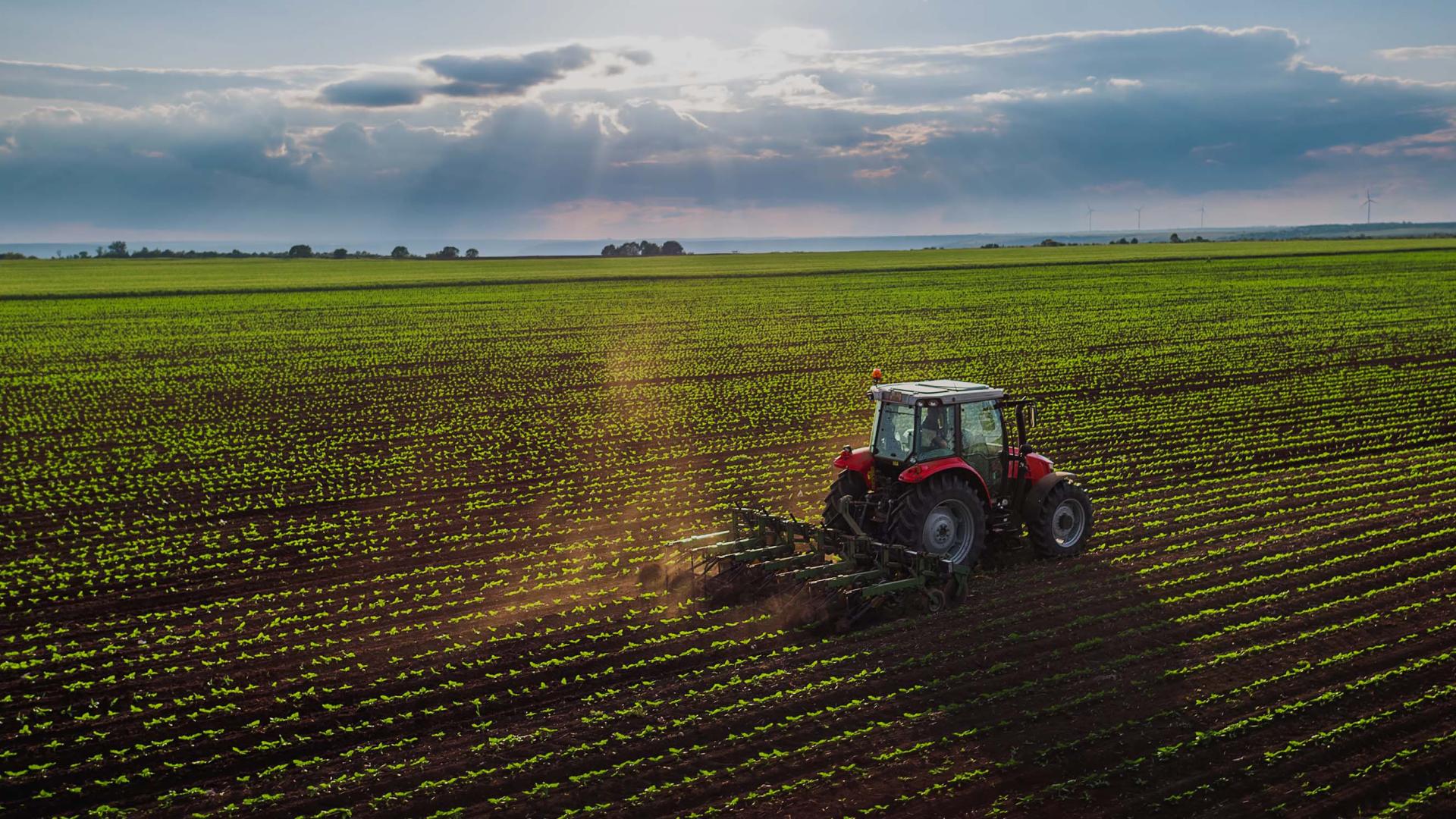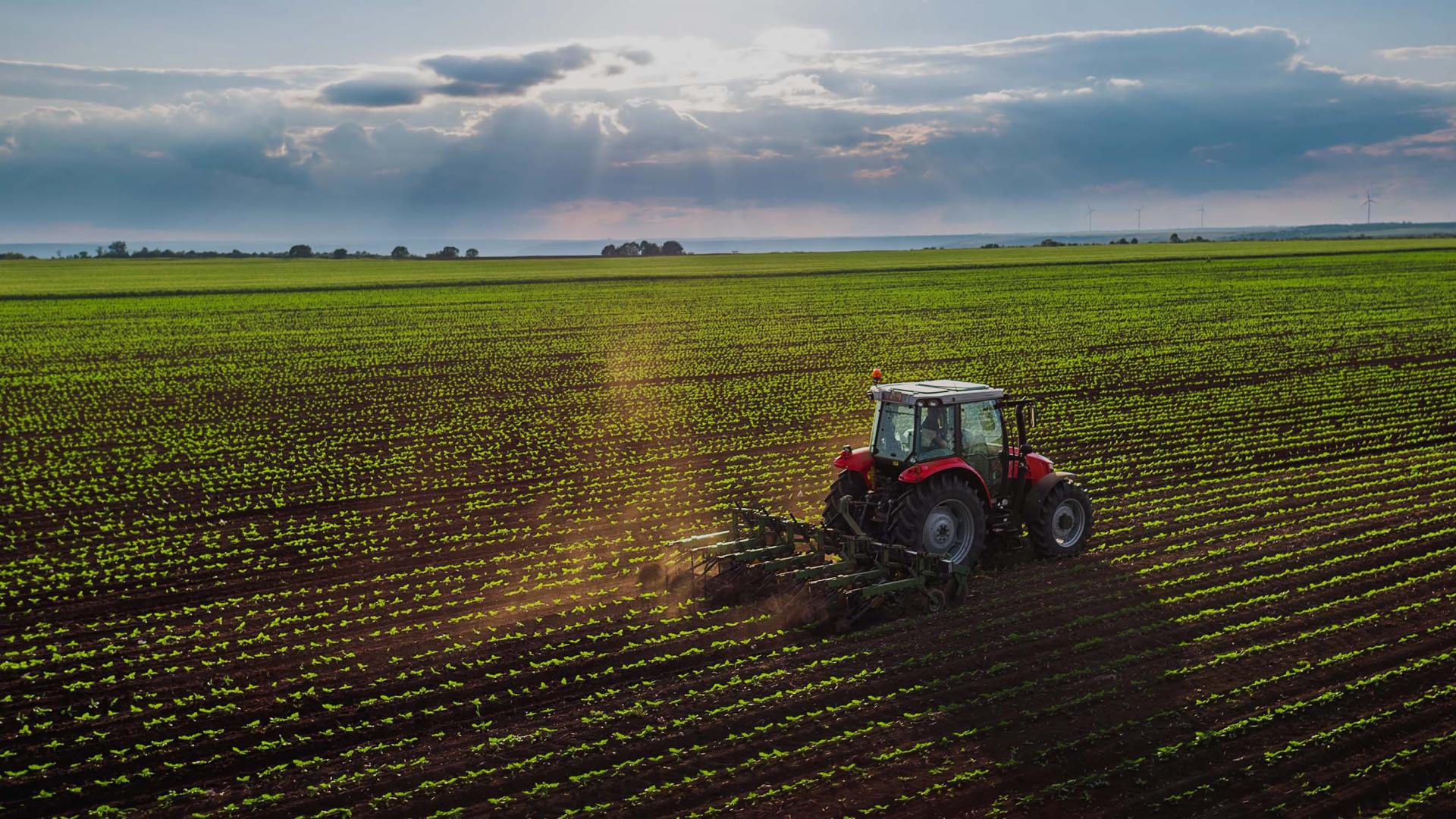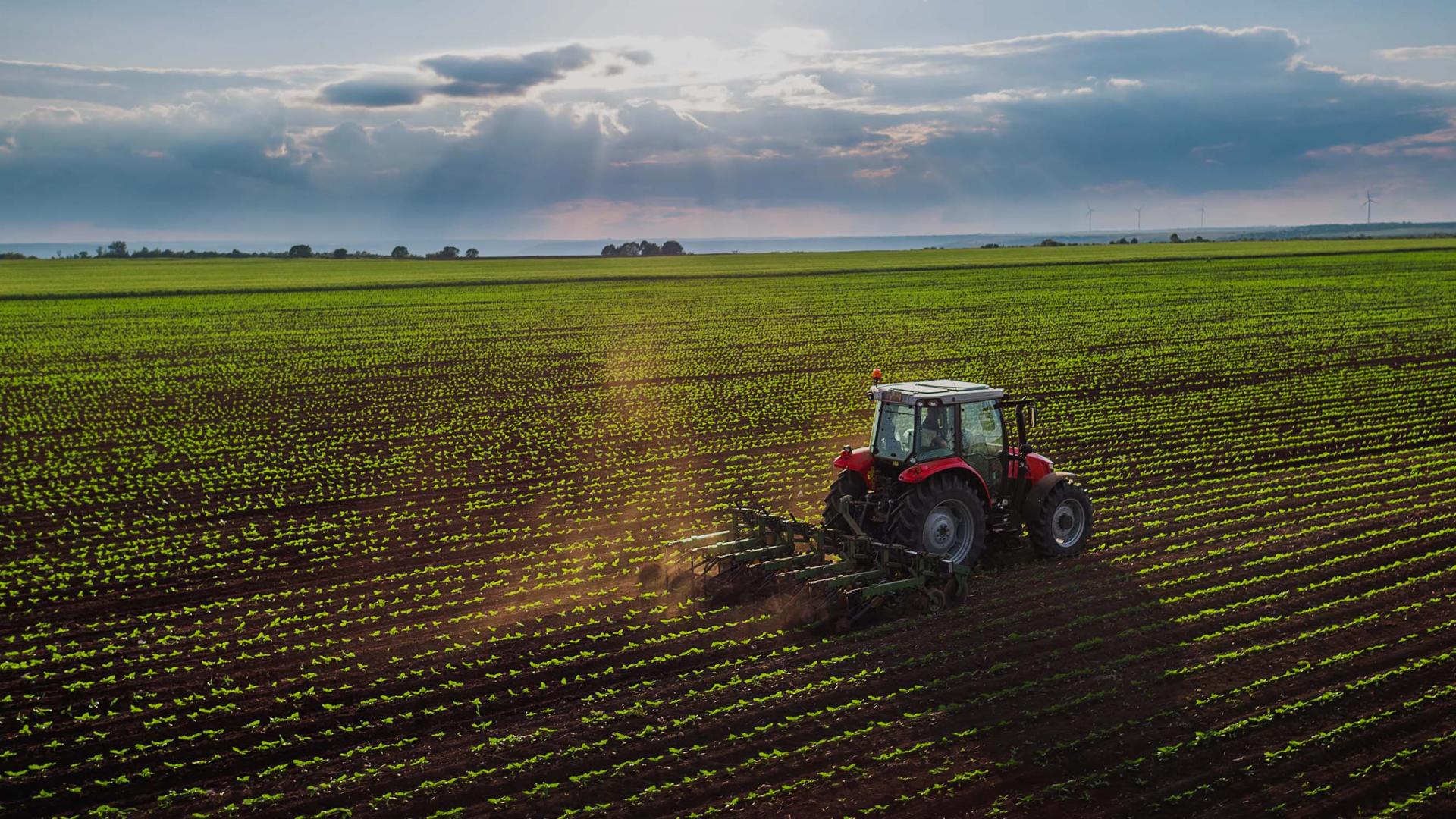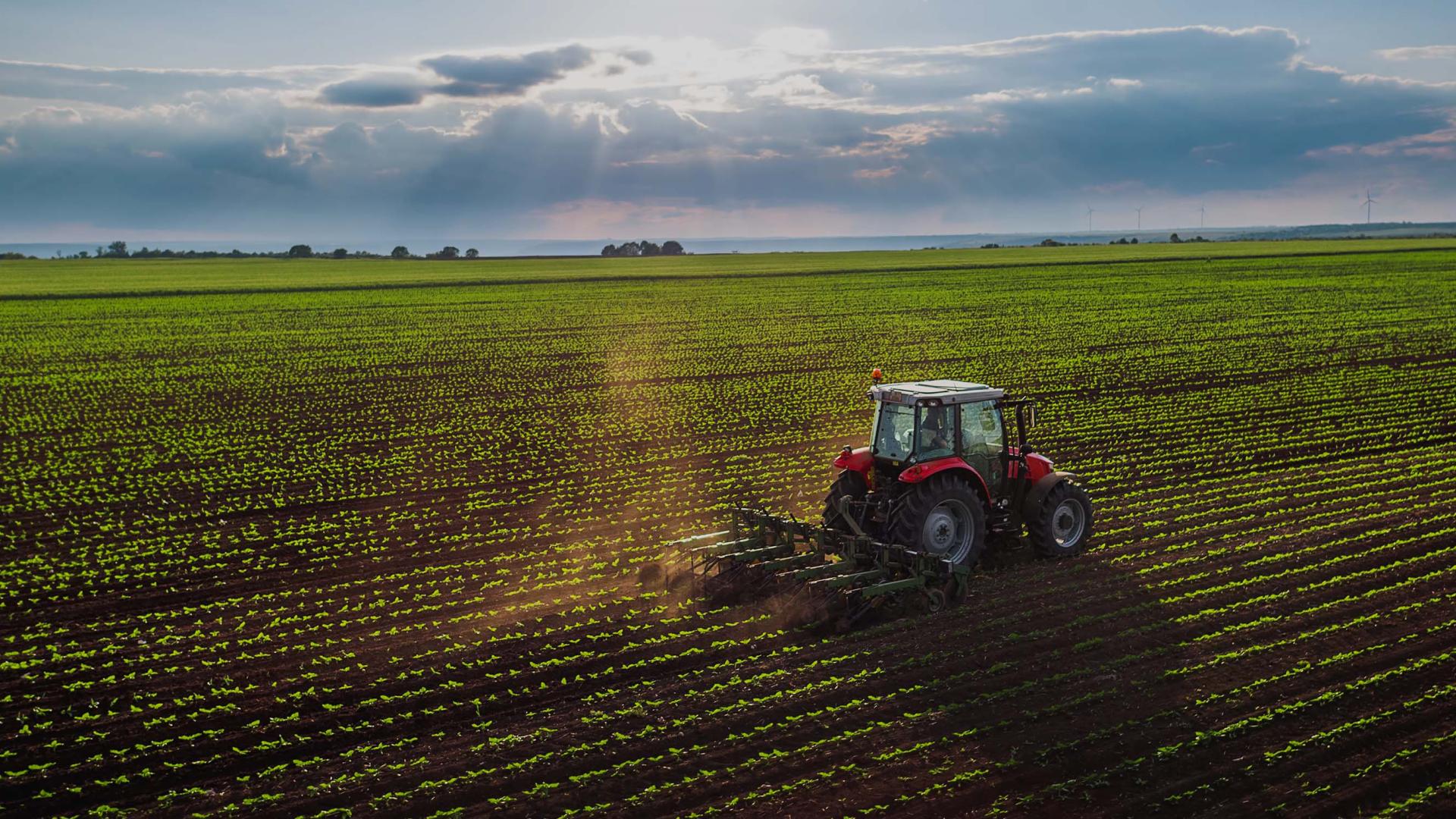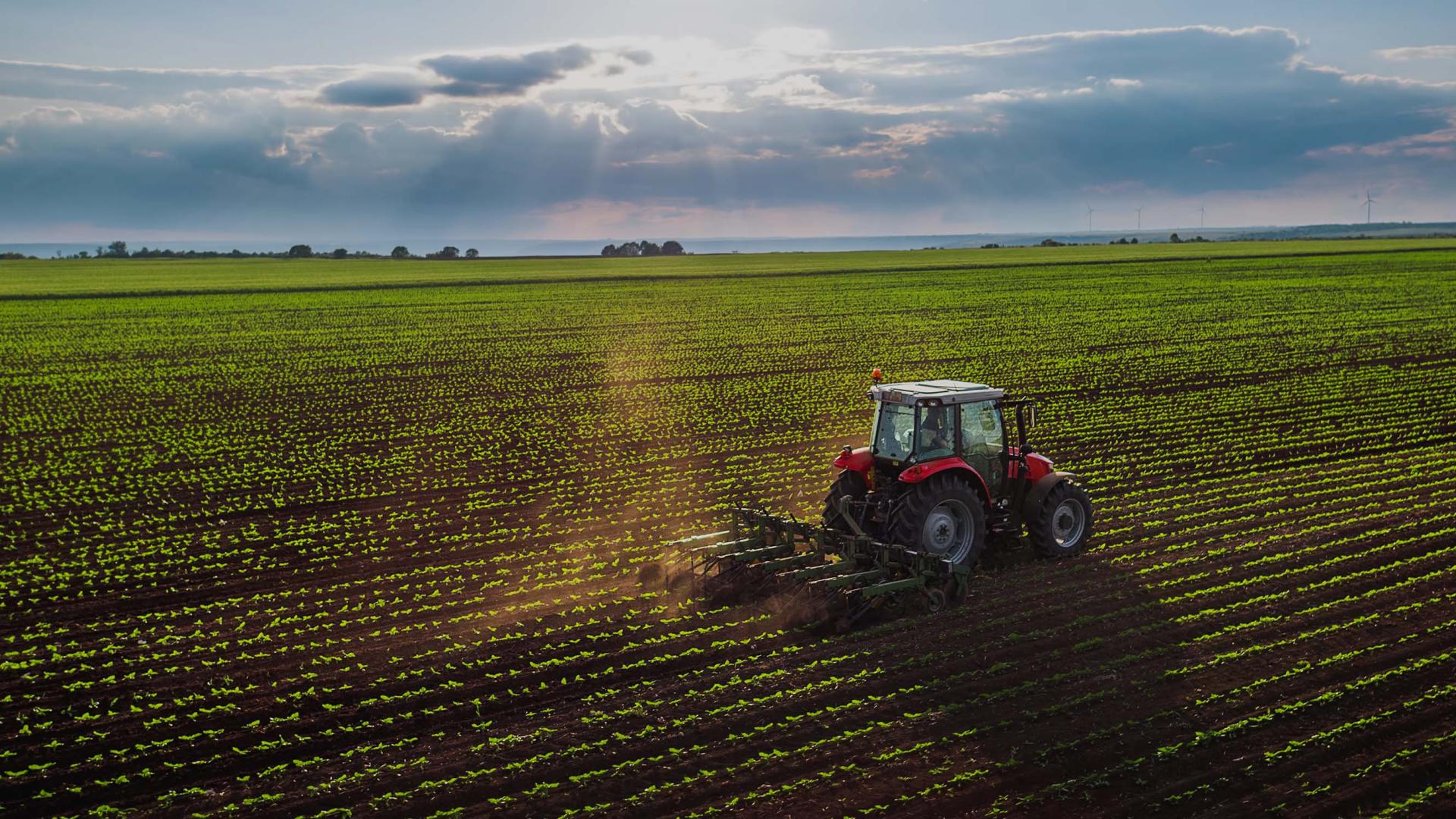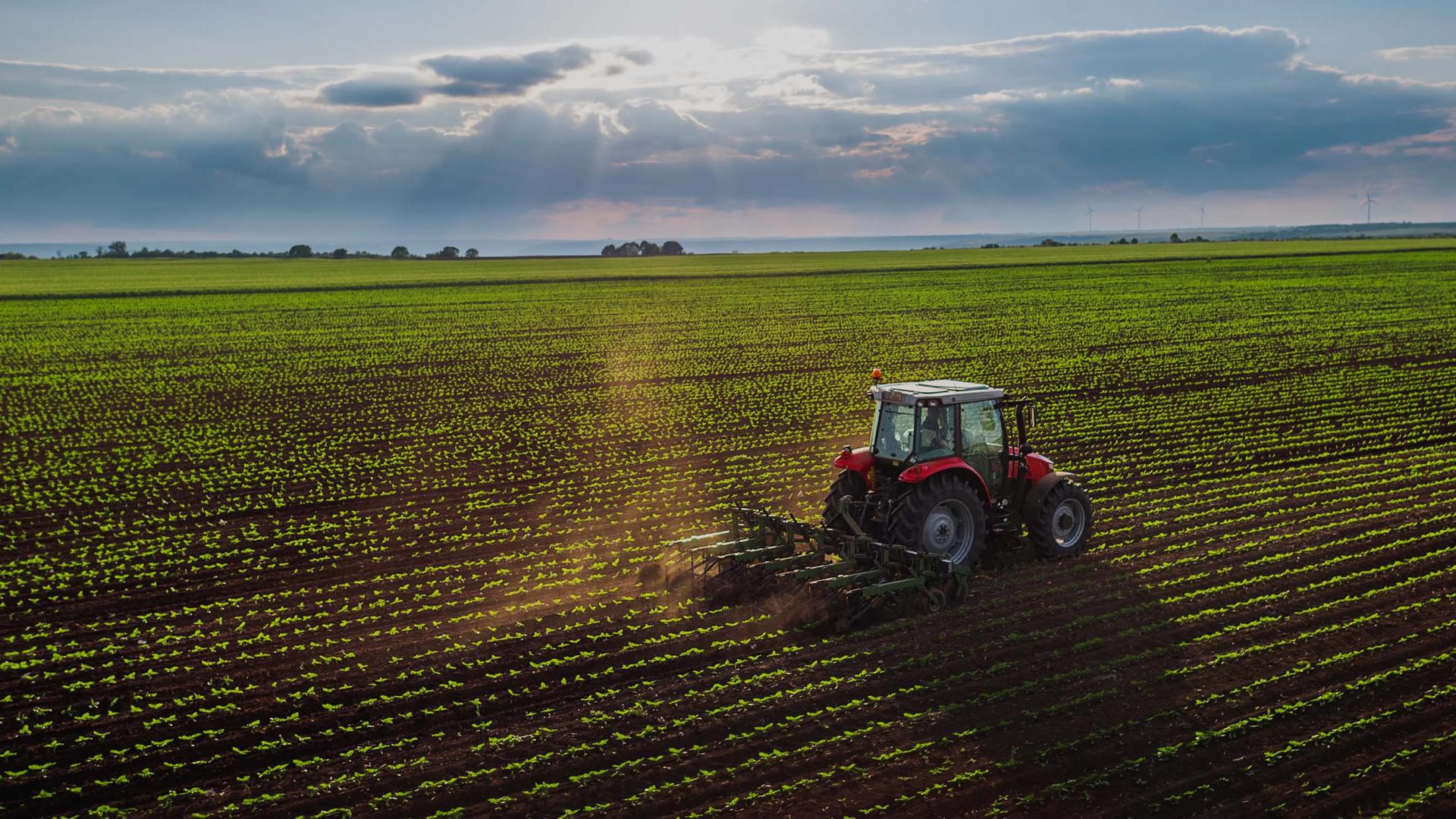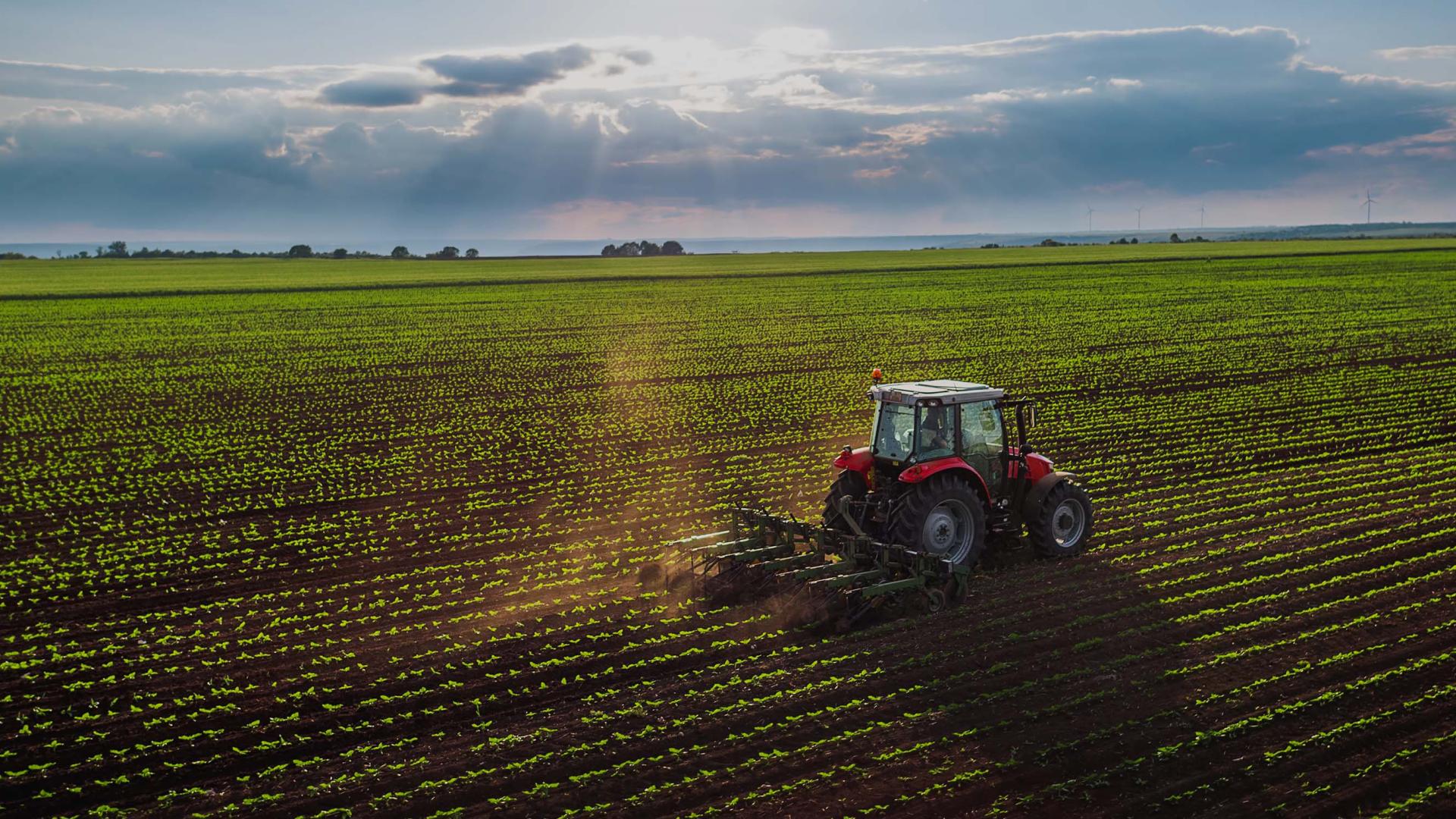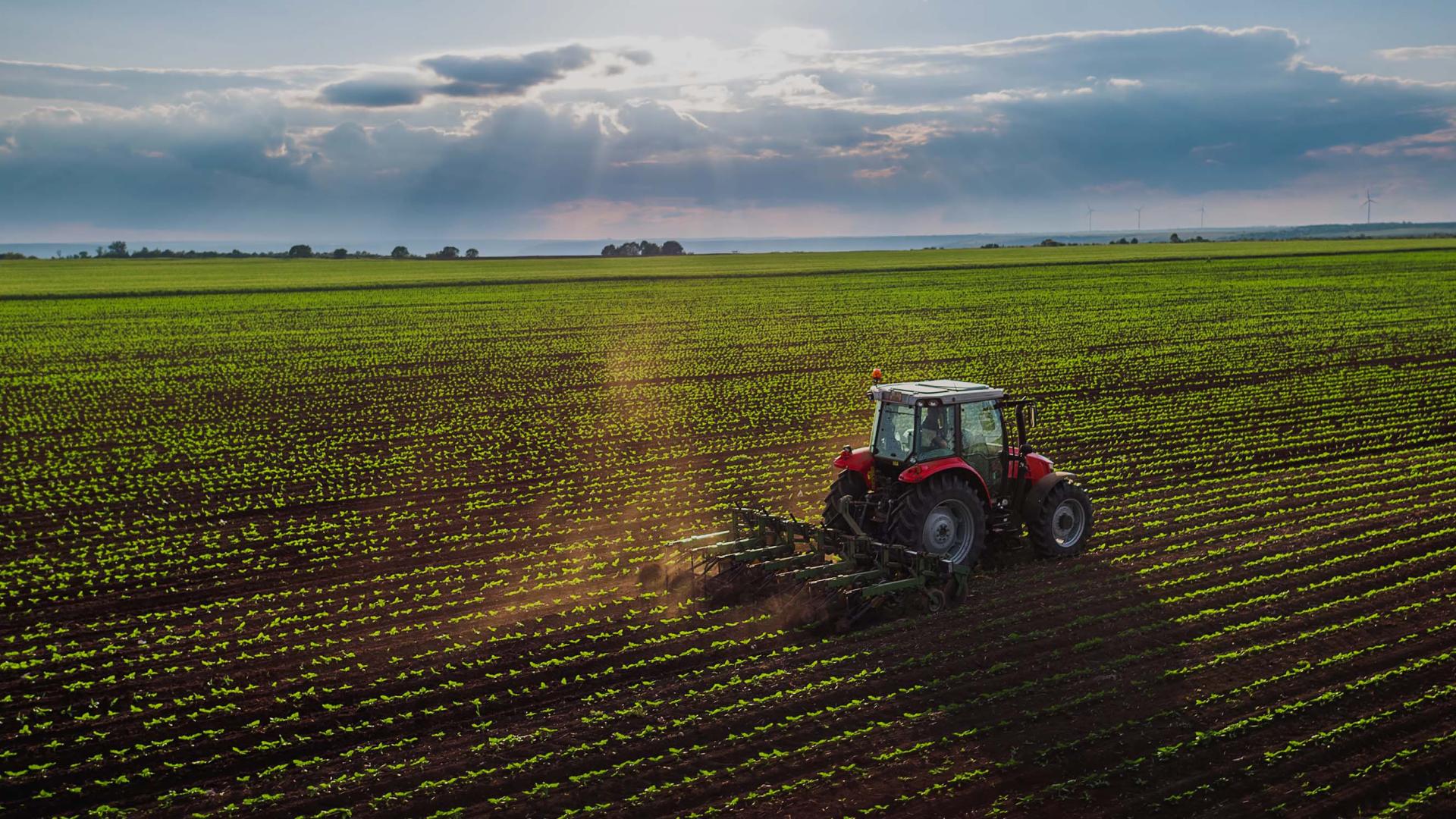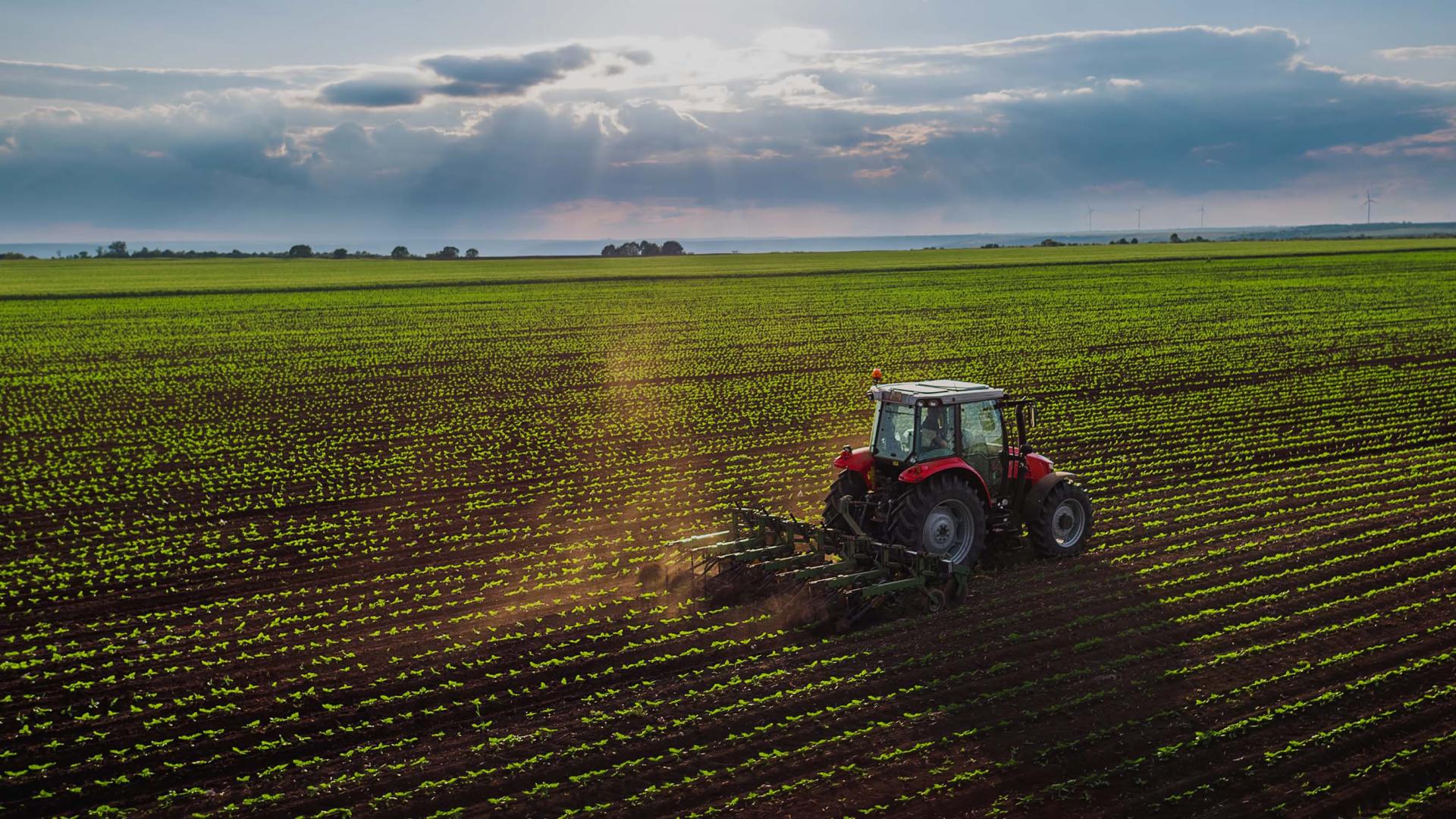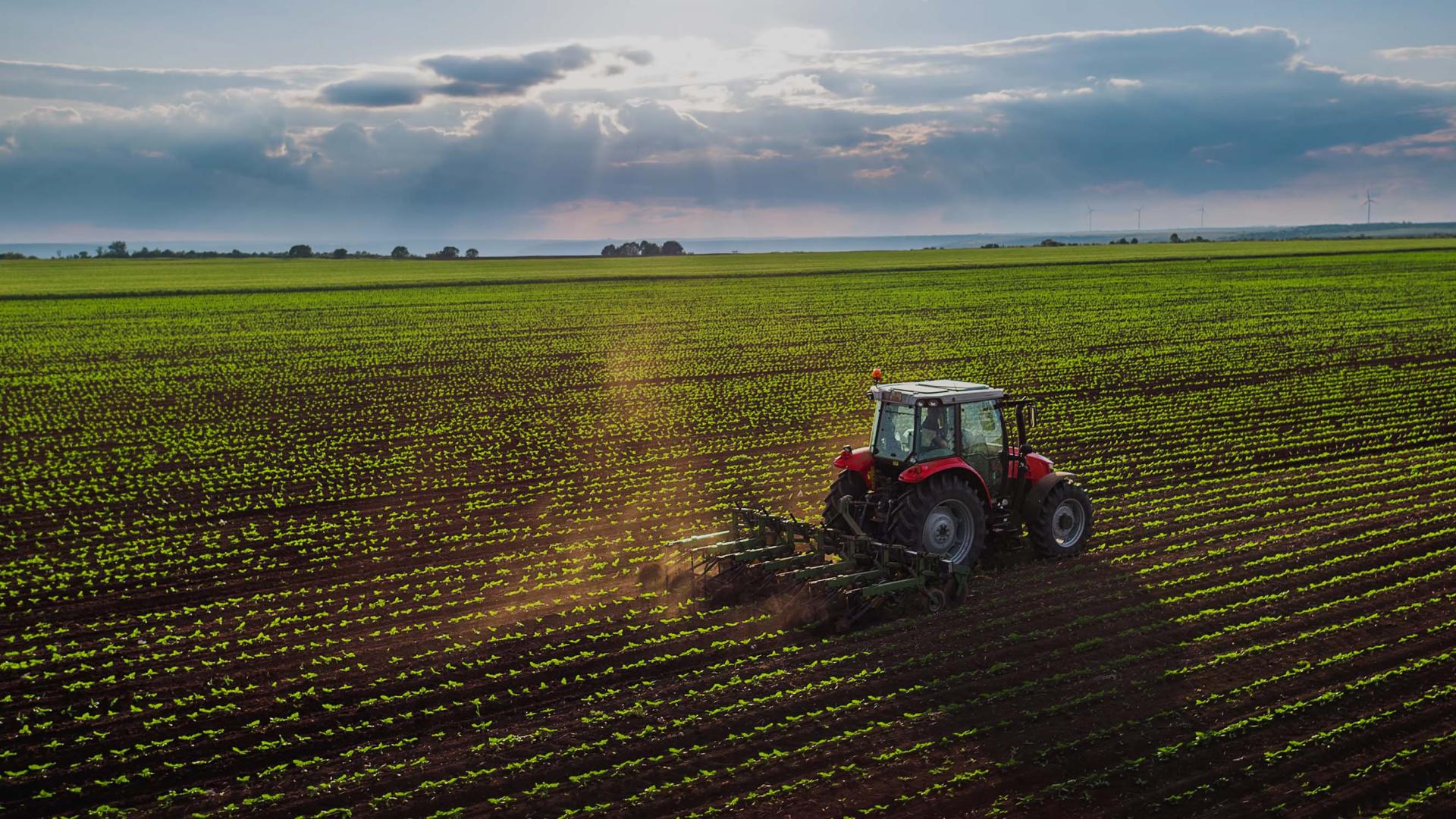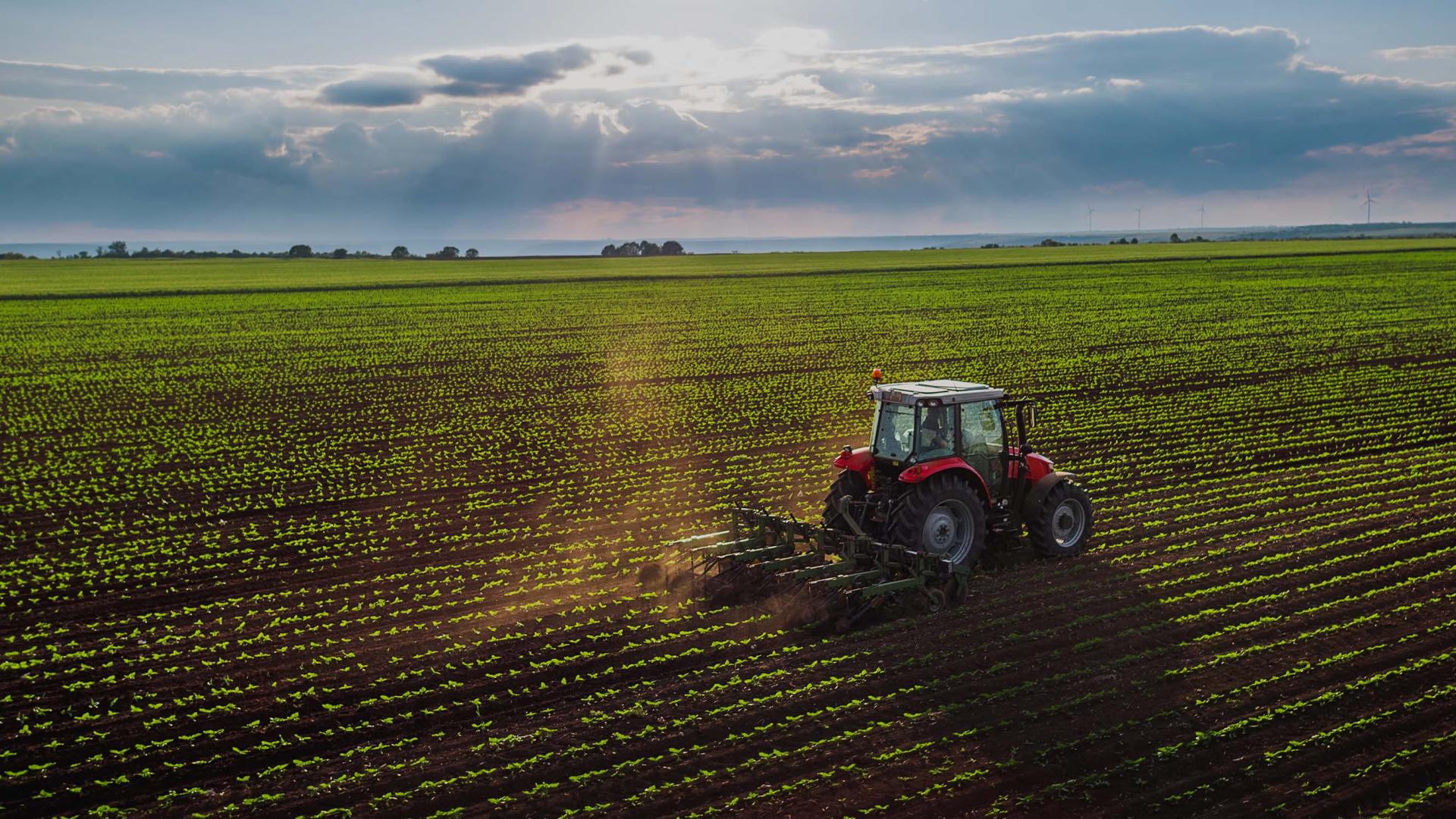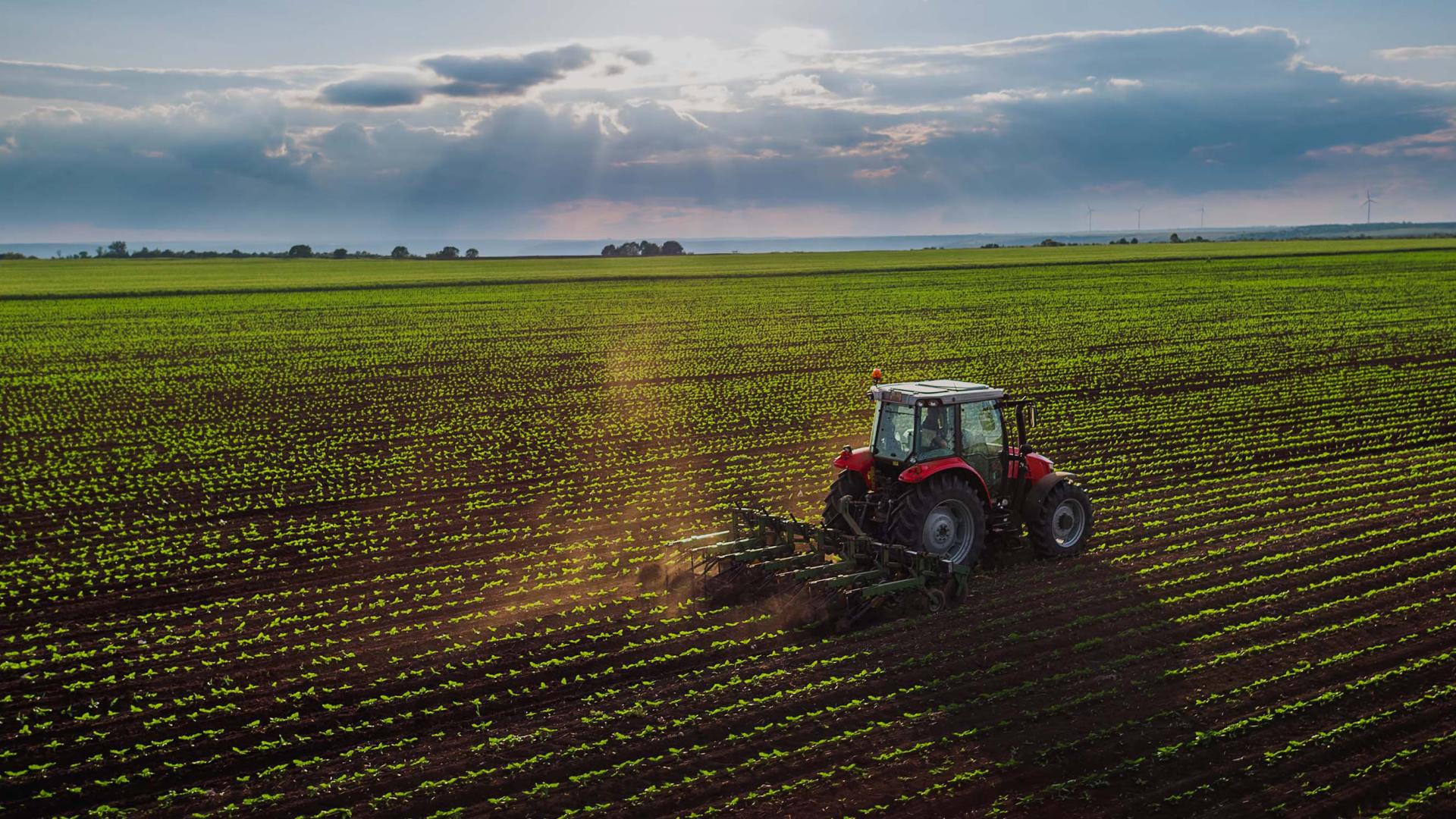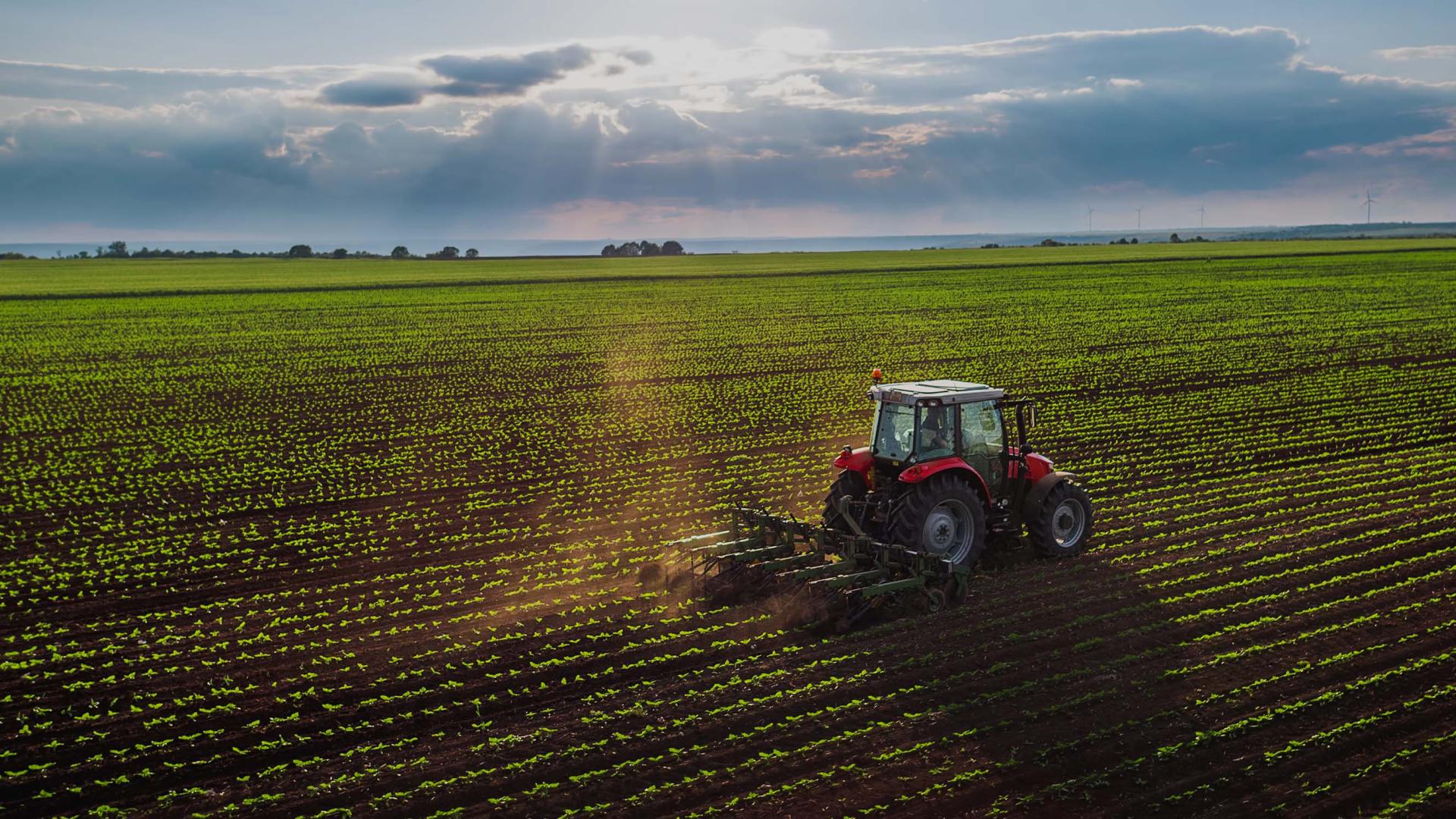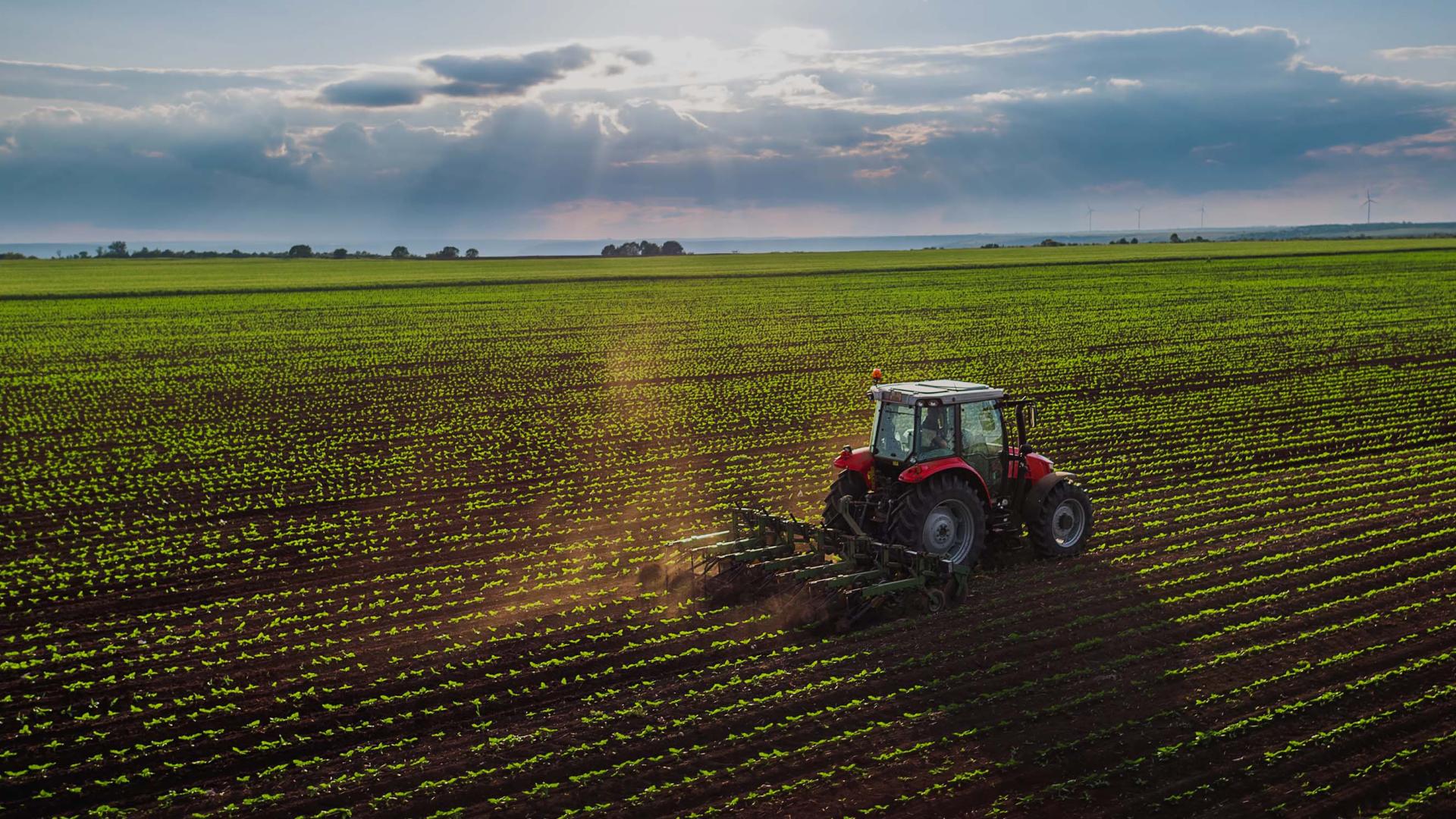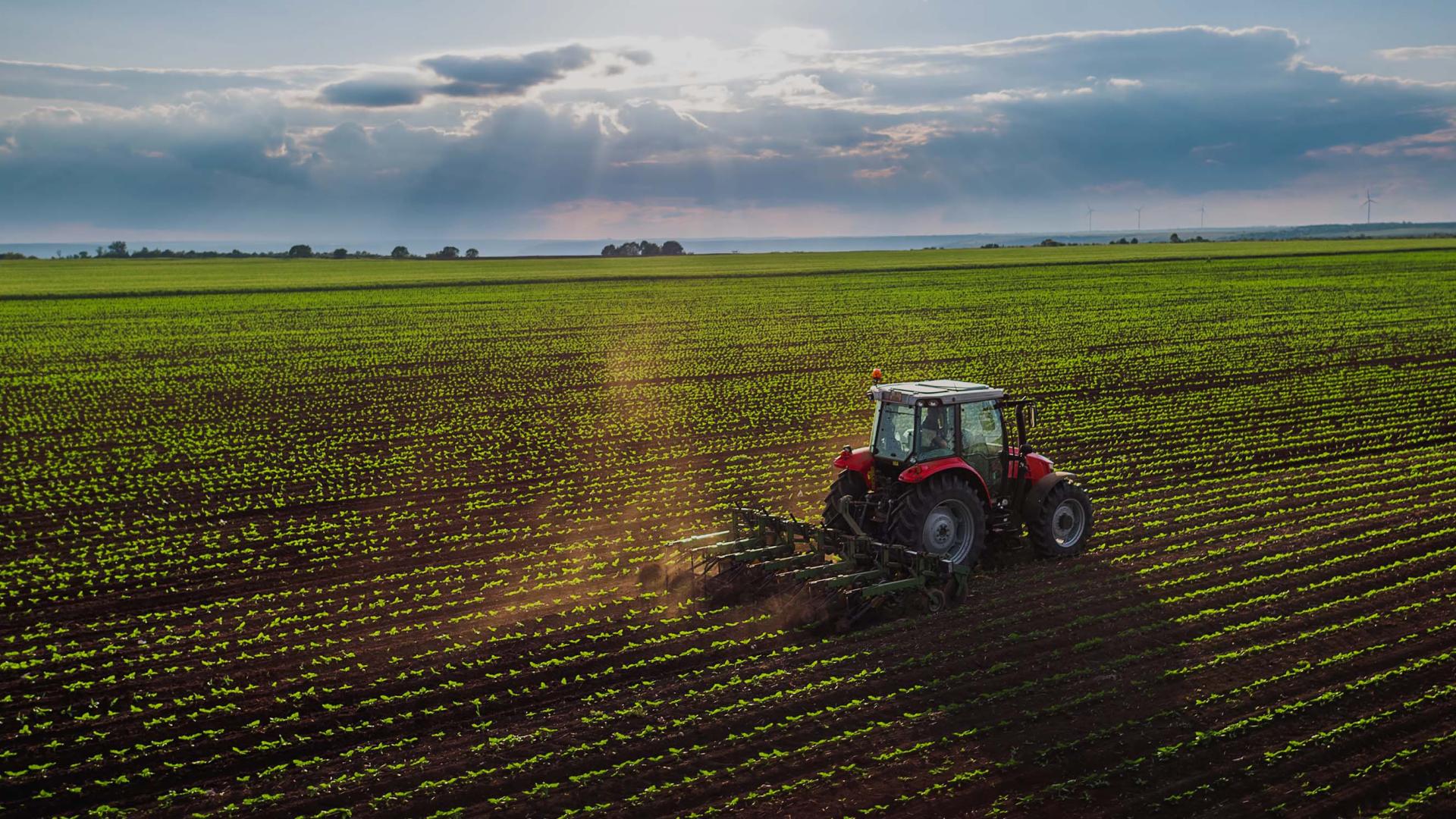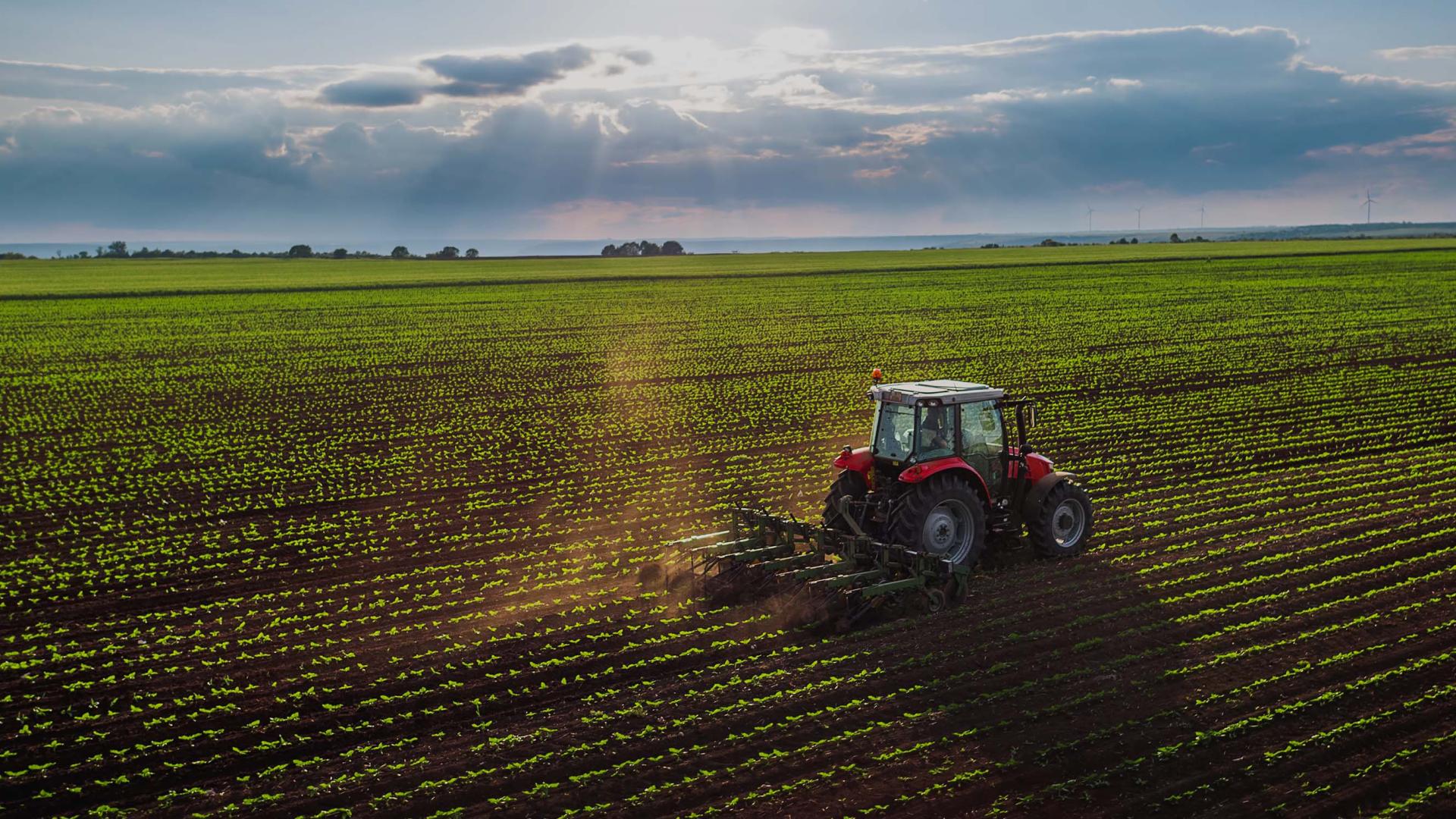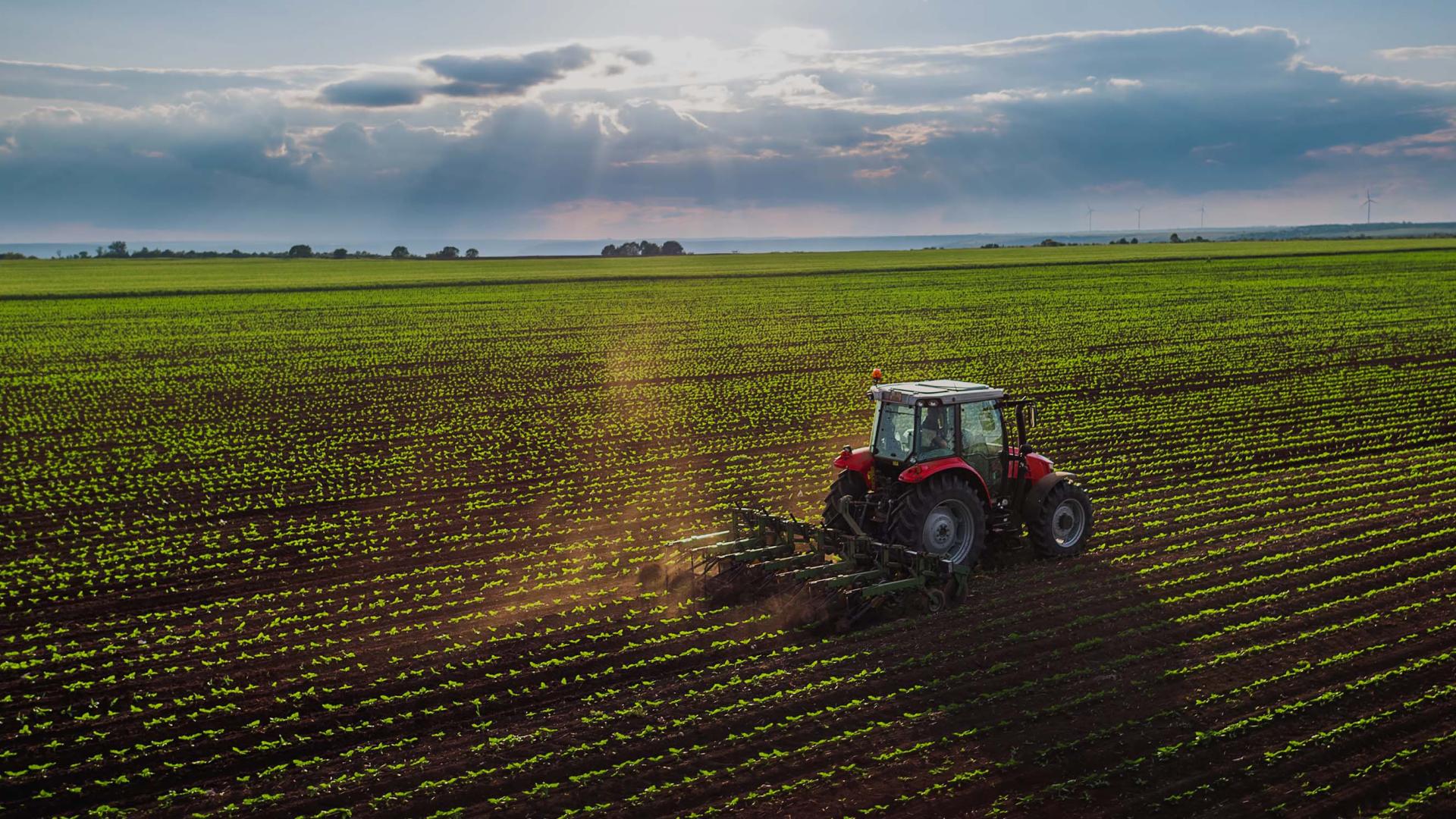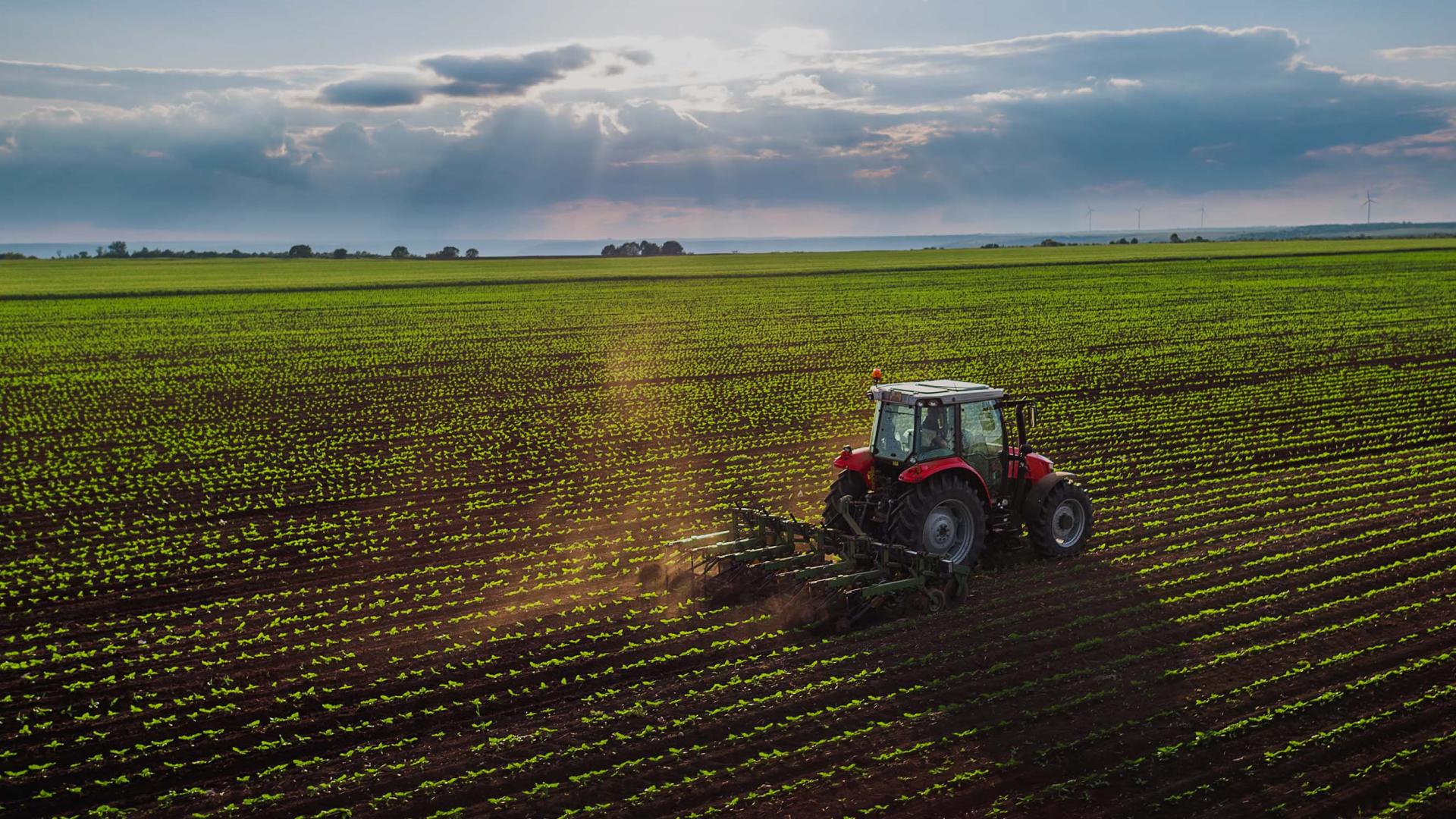Farm shops represent a unique blend of agricultural production and retail commerce, creating distinctive insurance needs that standard bus…
Farm Machinery Insurance: Protecting Your Agricultural Equipment Investment
Modern farming operations depend heavily on sophisticated and expensive machinery to maintain productivity and profitability. From tractors and combines to specialized equipment like seed drills and irrigation systems, agricultural machinery represents a significant financial investment that requires comprehensive protection. Farm machinery insurance provides essential coverage for the equipment that keeps your farming operation running smoothly.
Understanding Farm Machinery Insurance
Farm machinery insurance is a specialized form of coverage designed specifically for agricultural equipment. Unlike standard commercial vehicle insurance, farm machinery insurance addresses the unique risks and operational requirements of agricultural equipment, including seasonal usage patterns, field operations, and the diverse range of machinery used in modern farming.
This type of insurance typically covers tractors, combines, balers, mowers, cultivators, planters, sprayers, and other specialized agricultural equipment. The coverage extends beyond simple vehicle protection to include the specific risks associated with agricultural operations, such as working in challenging terrain, exposure to weather conditions, and the seasonal nature of farming activities.
Types of Coverage Available
Comprehensive farm machinery insurance typically includes several key coverage areas. Physical damage coverage protects against collision, fire, theft, vandalism, and weather-related damage. This is particularly important for equipment that operates in challenging outdoor conditions and may be stored in remote locations or open fields.
Liability coverage is essential when machinery is operated on public roads or when there's potential for property damage or injury to third parties. Many farm machines are large and powerful, making liability protection crucial for any farming operation.
Business interruption coverage helps compensate for lost income when essential machinery is out of service due to covered damage. During critical farming periods like planting or harvest, equipment downtime can result in significant financial losses that extend far beyond the cost of repairs.
Theft coverage is increasingly important as modern farm equipment becomes more valuable and attractive to thieves. GPS tracking systems and other security measures may qualify for premium discounts while providing additional protection.
Key Risks in Agricultural Operations
Farm machinery faces unique risks that standard insurance policies may not adequately address. Weather exposure is a constant concern, with equipment regularly operating in rain, snow, and extreme temperatures. Hail damage, flooding, and wind can cause significant damage to expensive machinery.
Field operations present numerous hazards, including uneven terrain, hidden obstacles, and the risk of rollovers. The powerful nature of agricultural equipment means that accidents can result in substantial damage and potential injury.
Theft and vandalism are growing concerns, particularly for newer, high-value equipment. Remote storage locations and seasonal usage patterns can make farm machinery attractive targets for criminals.
Fire risk is elevated due to the combination of fuel, hydraulic fluids, and the potential for overheating in dusty conditions. Electrical faults and engine problems can lead to costly fires that destroy expensive equipment.
Factors Affecting Insurance Costs
Several factors influence the cost of farm machinery insurance. The age, value, and type of equipment are primary considerations, with newer, more expensive machinery typically requiring higher premiums. However, newer equipment may also qualify for discounts due to improved safety features and lower breakdown risk.
Usage patterns significantly impact costs. Equipment used year-round typically costs more to insure than seasonal machinery. The type of farming operation also matters, with some agricultural activities considered higher risk than others.
Storage arrangements affect premiums, with secure, enclosed storage typically resulting in lower costs than outdoor storage. The farm's location influences rates, with areas prone to severe weather or higher crime rates generally resulting in higher premiums.
The operator's experience and safety record are important factors. Farms with good safety records and experienced operators may qualify for discounts, while those with frequent claims may face higher rates.
Choosing the Right Coverage
Selecting appropriate farm machinery insurance requires careful consideration of your specific needs and risks. Start by conducting a thorough inventory of all equipment, including purchase prices, current values, and replacement costs. This information is essential for determining appropriate coverage limits.
Consider your operational requirements and the potential impact of equipment downtime. Critical machinery that would significantly disrupt operations if damaged may warrant higher coverage limits or additional business interruption protection.
Evaluate your risk tolerance and financial capacity. Higher deductibles can reduce premiums but increase out-of-pocket costs when claims occur. Balance premium savings against your ability to handle larger deductibles.
Review coverage options carefully, paying particular attention to exclusions and limitations. Some policies may exclude certain types of damage or have restrictions on coverage for older equipment.
Working with Insurance Providers
When selecting an insurance provider for farm machinery coverage, look for companies with experience in agricultural insurance. Providers who understand farming operations are better equipped to offer appropriate coverage and handle claims effectively.
Consider the provider's claims handling reputation and financial stability. Quick, fair claims resolution is crucial when equipment damage could impact critical farming operations.
Evaluate available discounts and risk management programs. Many insurers offer discounts for safety training, security measures, or bundling multiple policies.
Risk Management and Prevention
Implementing effective risk management practices can help reduce insurance costs and prevent losses. Regular maintenance schedules help prevent breakdowns and identify potential problems before they result in major damage.
Proper operator training is essential for safe equipment operation and can help qualify for insurance discounts. Ensure all operators understand safety procedures and equipment limitations.
Secure storage and security measures can significantly reduce theft risk. Consider installing GPS tracking systems, alarm systems, or storing equipment in locked buildings when possible.
Maintain detailed records of equipment maintenance, repairs, and usage. This documentation can be valuable for insurance claims and may help demonstrate good risk management practices to insurers.
Seasonal Considerations
Farm machinery insurance must account for the seasonal nature of agricultural operations. Coverage needs may vary throughout the year, with higher risks during planting and harvest seasons when equipment usage is intensive.
Some policies offer seasonal rating options that adjust premiums based on usage patterns. This can provide cost savings during periods when equipment is not in use.
Consider the timing of policy renewals to ensure coverage aligns with your operational calendar. Renewing before critical farming seasons ensures uninterrupted protection during high-risk periods.
Technology and Modern Equipment
Today's farm machinery increasingly incorporates sophisticated technology, including GPS guidance systems, automated controls, and precision agriculture tools. These technologies can improve efficiency and safety but also represent additional value that requires protection.
Ensure your insurance coverage adequately reflects the value of technological enhancements and consider whether standard coverage limits are sufficient for high-tech equipment.
Some insurers offer specialized coverage for precision agriculture technology or provide discounts for equipment with advanced safety features.
Claims Process and Documentation
Understanding the claims process is crucial for effective farm machinery insurance. Prompt reporting of losses is typically required, and detailed documentation can expedite claims resolution.
Maintain comprehensive records including purchase receipts, maintenance records, and photographs of equipment condition. This documentation can be invaluable when filing claims.
Consider the impact of claims on future premiums and evaluate whether minor damages might be better handled without involving insurance, depending on your deductible and claims history.
Future Considerations
The agricultural industry continues to evolve, with new technologies and farming practices creating new insurance considerations. Stay informed about coverage options and ensure your insurance keeps pace with changes in your operation.
Regular policy reviews help ensure coverage remains adequate as equipment values change and operations evolve. Work with your insurance provider to adjust coverage as needed.
Consider the long-term trends in agriculture and how they might affect your insurance needs. Factors like climate change, technological advancement, and regulatory changes can all impact risk profiles and coverage requirements.
Farm machinery insurance is an essential component of agricultural risk management, providing crucial protection for the equipment that modern farming operations depend upon. By understanding coverage options, implementing effective risk management practices, and working with experienced insurance providers, farmers can protect their equipment investments while maintaining the operational flexibility needed for successful agricultural enterprises.


 0330 127 2333
0330 127 2333
